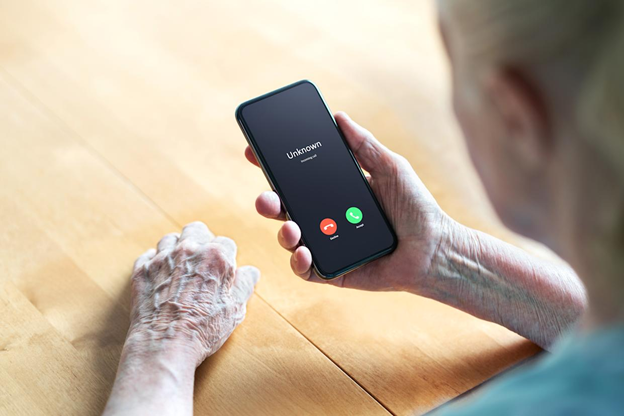In an era where digital communication dominates, knowing who’s calling you has never been more important. Performing a reverse phone lookup allows you to uncover the identity of the person or organization behind a phone number. Every legitimate phone number is linked to a service provider and, in most cases, connected to an actual individual or business. By conducting a quick search, you can often reveal useful details about the caller and make informed decisions about whether or not to respond.
As online scams and fraudulent activities continue to rise, reverse phone lookup has become a valuable tool for verifying a phone number’s authenticity. Many scammers now use internet-based numbers to disguise their true identities or locations. A reverse phone search helps uncover such deceptive practices, protecting you from potential fraud and unwanted interactions.
Identifying Unknown Callers
When you receive a call from an unfamiliar number, a reverse phone lookup can help you discover who’s trying to reach you. This information allows you to decide whether to answer, call back, or block the number altogether. Instead of wondering who’s behind the call, you can quickly gain clarity and maintain control over your communications.
Verifying Caller Identity
Reverse phone lookup is especially useful when you want to confirm that someone is who they claim to be. For instance, if a caller introduces themselves as a representative of a certain organization, you can use a lookup tool to verify if the number is genuinely associated with that entity. This extra step can prevent you from falling victim to impersonation scams or false claims.
Avoiding Scams and Spam Calls
Scammers and telemarketers often rely on untraceable or spoofed numbers to reach potential victims. By checking the number through a reverse lookup, you can see if it’s linked to known spam activity. This helps you steer clear of fraudulent calls and reduces the likelihood of sharing personal or financial information with malicious individuals.

Finding Lost Contacts
If you have an old number saved but can’t recall who it belongs to, a reverse lookup can help you reconnect. By identifying the current or past owner of a number, you might be able to re-establish contact with friends, acquaintances, or former colleagues you’ve lost touch with.
Researching Businesses
When you receive calls from companies or service providers, using reverse phone lookup can help confirm their legitimacy. You can verify whether the number belongs to a genuine business and even gather basic information such as location or category of service before engaging with them.
Investigating Suspicious Activity
If you’re receiving persistent or threatening calls, reverse phone lookup can help you identify who’s behind them. By obtaining details about the caller, you can take appropriate steps—such as reporting the number or seeking assistance if the behavior escalates into harassment.
Following Up on Missed Calls
Sometimes you miss a call without a voicemail left behind. Instead of ignoring it, running a quick lookup can help determine whether it was an important contact or simply a wrong number. This can save you from overlooking potential opportunities or important communications.
Conclusion
Reverse phone lookup is a practical and powerful tool for managing your phone interactions with confidence. It allows you to uncover who’s contacting you, verify identities, and protect yourself from scams or unwanted communication. Whether used for personal reassurance or safety reasons, it empowers you to make informed choices about who you engage with.
In today’s fast-paced digital environment, being proactive about your phone security is essential. Incorporating reverse phone lookup into your routine not only enhances your awareness but also provides peace of mind, ensuring you stay in control of your personal and professional communications.

